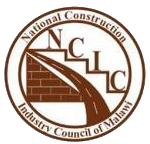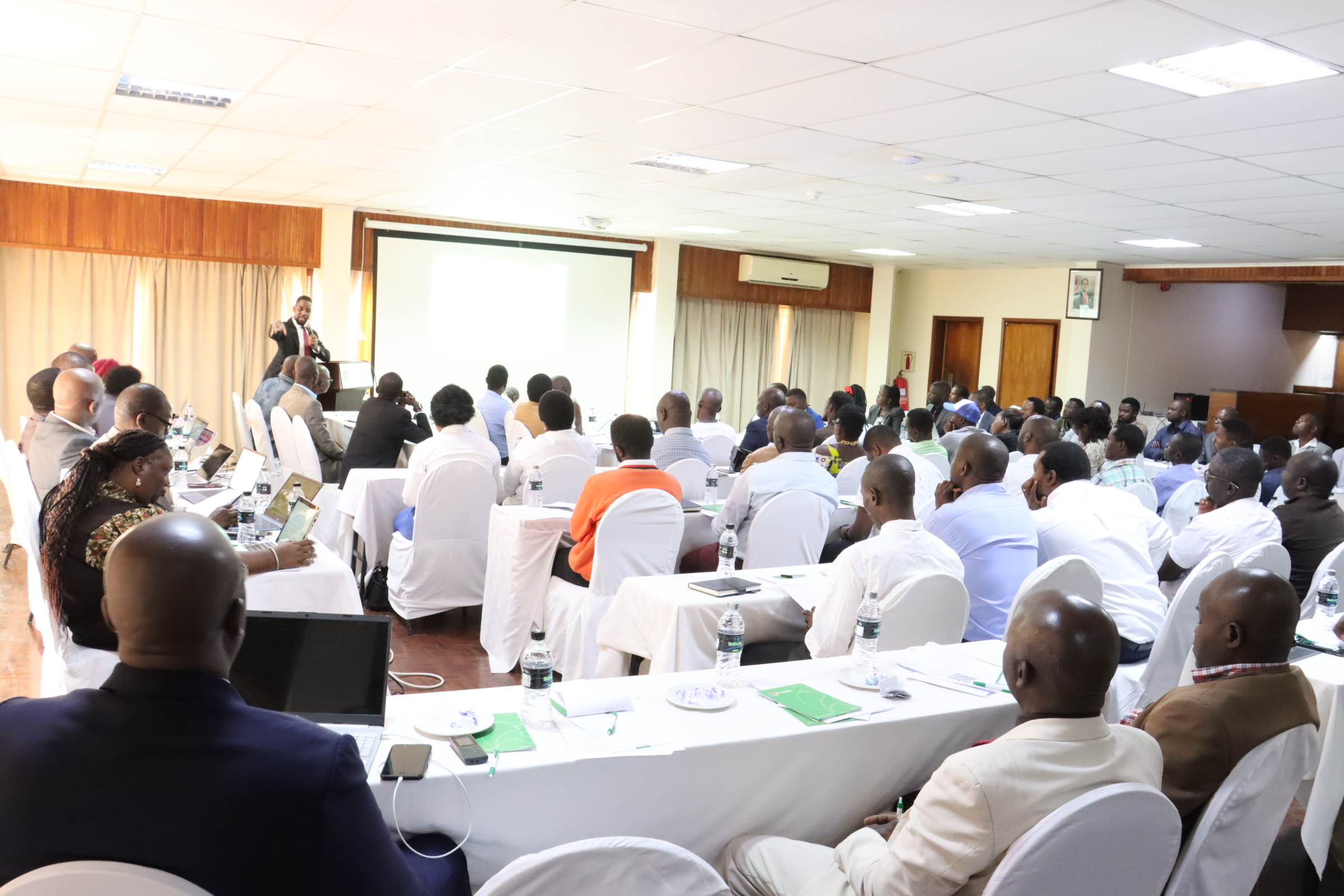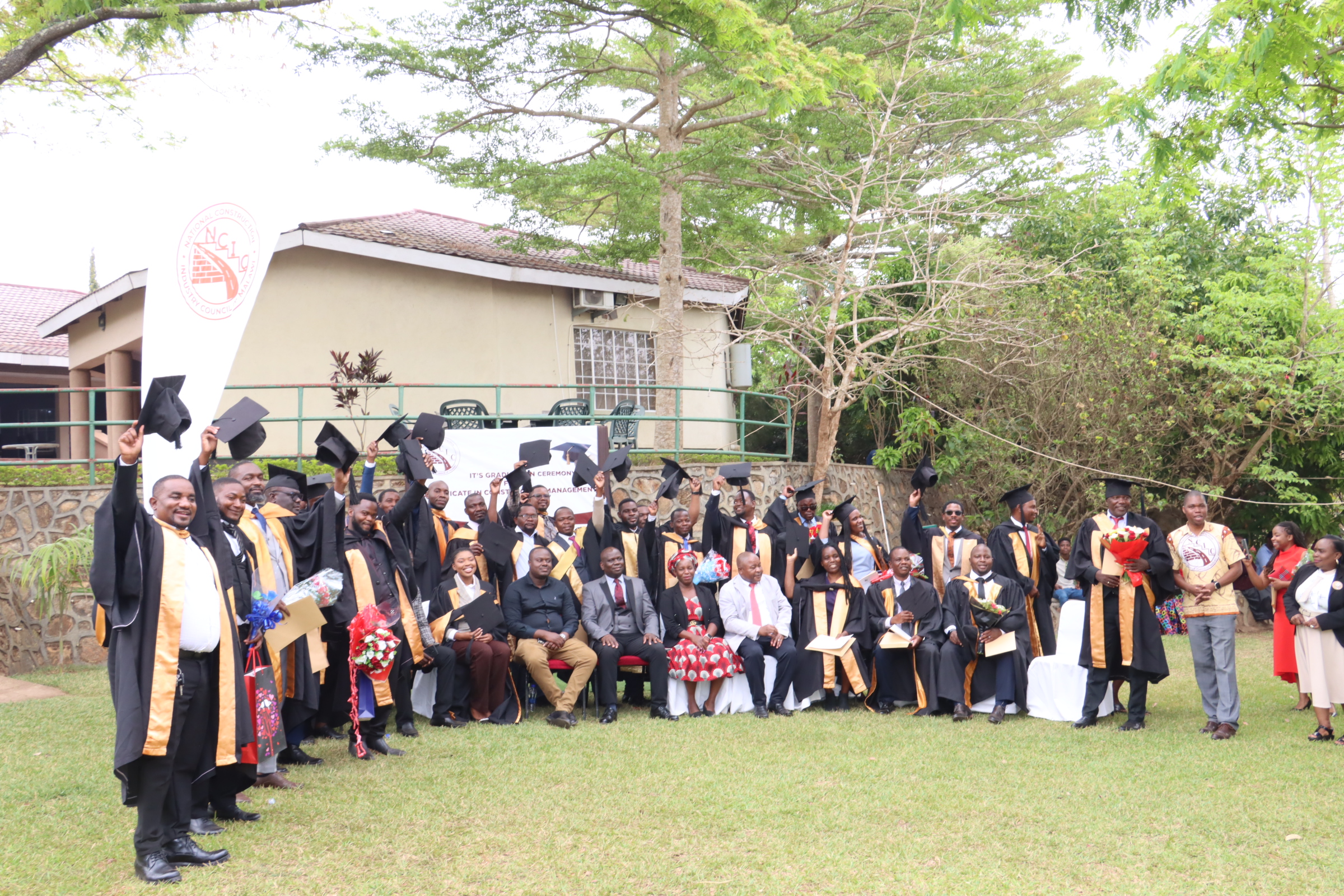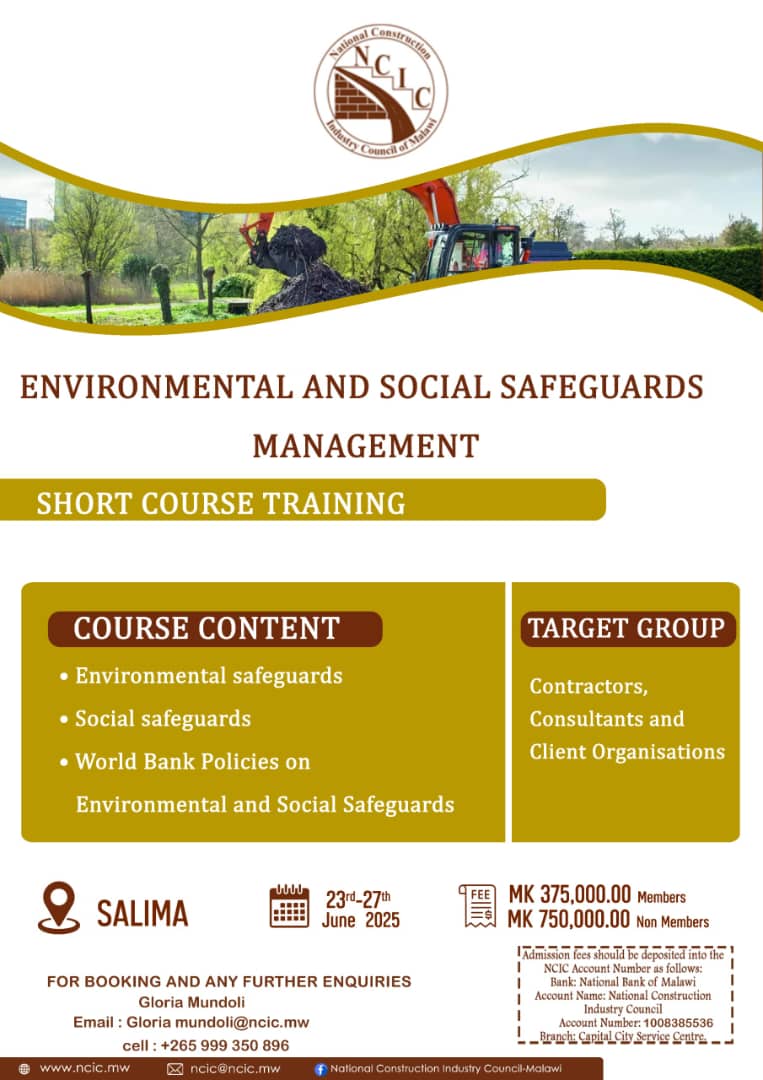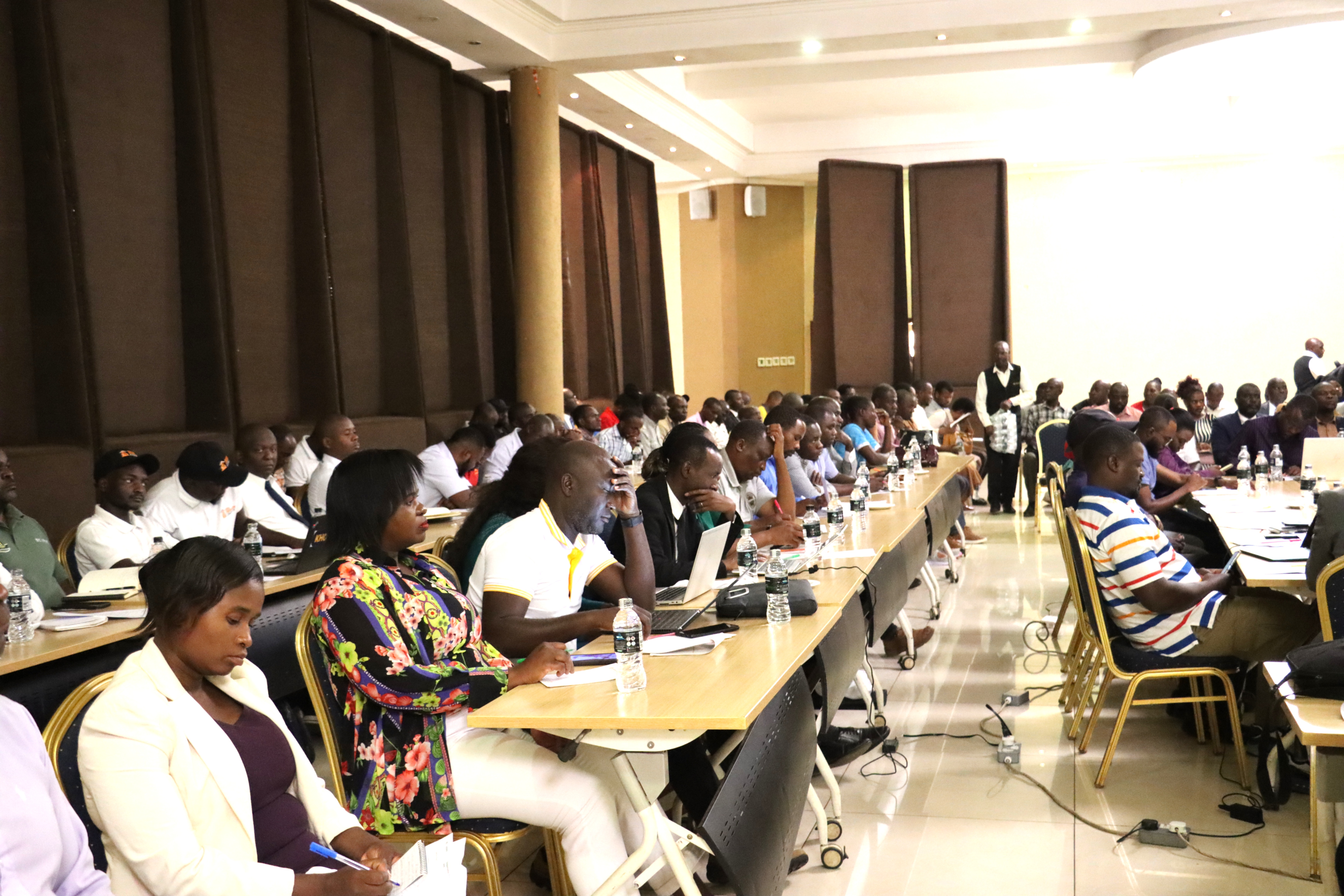
CIRA rolls out its new mandate to stakeholders in central and southern regions
Tuesday, 14th October 2025 in Blantyre and on Monday, 20th in Lilongwe, the Construction Industry Regulatory Authority (CIRA) continued to engage its stakeholders on its transition from National construction Industry Council (NCIC) to the newly established Authority under the Construction Industry Act (2025).
The workshops drew a wide range of stakeholders including contractors, consultants, suppliers, and representatives from government institutions from the Southern and Central regions to discuss the new legal provisions in the Construction Industry Act (2025) and their implications for the industry.
Speaking at the Lilongwe Crossroads Hotel, CIRA Chief Executive Officer Eng. Gerald Khonje expressed his gratitude for the large turn-up of stakeholders to the important sensitization. He further indicated that the change is not just in name but also a shift towards stronger industry regulation, improved service delivery and greater stakeholder participation.
He emphasized that CIRA’s mandate under the new act is to enhance regulatory oversight, promote fair competition and strengthen compliance mechanisms to ensure that construction works across Malawi meet acceptable standards of quality and safety. He therefore implored all players in the industry to understand and take ownership of the transition.
The participants applauded CIRA for inviting them and giving them the opportunity to comment, seek clarifications and ask questions about the presentations and the operation of the newly established Authority as a whole. Questions, comments and points of clarifications centered around licensing, registration, upgrading and capacity-building opportunities under the new structure.
The Stakeholders were also encouraged to take part in CIRA’s training programmes to ensure the success of their firms and projects. Emphasizing this point, CIRA highlighted that one of its key roles is to identify and address gaps within the industry and called upon professional boards to also be active in identifying and closing gaps in their professional boards to actively promote their respective disciplines.
